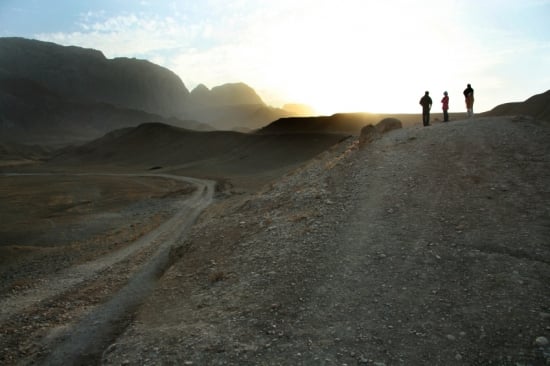 I have been little by little discussing an extensive review of the Afghanistan conflict by the Bush Administration and it finally looks like bits of the actual report have begun to surface. The review was headed by War czar Lt. Gen Douglas Lute and included many expert voices from inside and outside government and was due to be completed in time for the new administration. Here is what we know about its assessment so far.
I have been little by little discussing an extensive review of the Afghanistan conflict by the Bush Administration and it finally looks like bits of the actual report have begun to surface. The review was headed by War czar Lt. Gen Douglas Lute and included many expert voices from inside and outside government and was due to be completed in time for the new administration. Here is what we know about its assessment so far.
The Afghan security situation is definitely precarious and risks becoming worse if the Afghan government continuous to be unable to stretch its authority further outside of Kabul. The report acknowledges that the US/NATO and other international aid groups need to focus on extending good governance and services throughout the country and do whatever they can to bring enough security to cities and towns so economic activity can blossom.
One of the central parts of the review seems to be a greater emphasis on viewing the conflict in a more regional light, especially regarding Pakistan. Though the report does not seem to weigh too much one side or the other on attacks in Pakistani territory, it does strongly admit that the two nations’ futures are forever intertwined and any solution to one involves the other. A senior military official stated:
In this regard, the review urges Mr. Obama to take a far more regional approach to the problem, as Barnett R. Rubin and Ahmed Rashid suggested in their latest Foreign Affairs piece. Another US senior official, involved in writing the report, discussed the lack of progress made by American public and financial report to Pakistan since 9/11:
"We've gone seven long years proclaiming that Pakistan was an ally and that it was doing everything we asked in the war on terror. And the truth is that $10 billion later, they still don't have the basic capacity for counterinsurgency operations. What we are telling Obama and his people is that has to be reversed."
Of course the destabilizing Mumbai attack makes all of this that much more complicated as the US/NATO desperately want to avoid any serious military build-up or clash between India and Pakistan, as just the fear of such a thing would cause Pakistan's military to redeploy their Afghan border troops to the south.
 From what I’ve read about the report so far, it seems to agree that the Afghan situation needs more troops, but I could not get any specifics. The US military announced that the first brigade, about 3,500 to 4,000 troops, will be deployed to Afghanistan this January and the location of their placement speaks volumes about the war's progress. Most of these soldiers will be based just south of the capitol Kabul and its nearby Logar and Wardak Provinces, with only a few heading to country's deep east and south, where most of the major fighting has occurred. Kabul and its adjacent provinces at one time were considered rather safe, but attacks by insurgents have risen steadily in the past year, and it is hoped that these troops can provide greater security. It is unknown exactly where or when the rest of what is reportedly to total 20,000 additional American troops will be deployed, but one can assume the nation's southeastern border with Pakistan a likely site.
From what I’ve read about the report so far, it seems to agree that the Afghan situation needs more troops, but I could not get any specifics. The US military announced that the first brigade, about 3,500 to 4,000 troops, will be deployed to Afghanistan this January and the location of their placement speaks volumes about the war's progress. Most of these soldiers will be based just south of the capitol Kabul and its nearby Logar and Wardak Provinces, with only a few heading to country's deep east and south, where most of the major fighting has occurred. Kabul and its adjacent provinces at one time were considered rather safe, but attacks by insurgents have risen steadily in the past year, and it is hoped that these troops can provide greater security. It is unknown exactly where or when the rest of what is reportedly to total 20,000 additional American troops will be deployed, but one can assume the nation's southeastern border with Pakistan a likely site.
Also of note, according to American commanders, the Taliban is expected to have more of their fighters remain in the country (instead of going back to Pakistan), in order to continue the momentum and territorial gains. So this winter is not expected to be as calm as hoped.
(Photo Source: First one is by Zainal Halim, the second by Center for Sacred Story)